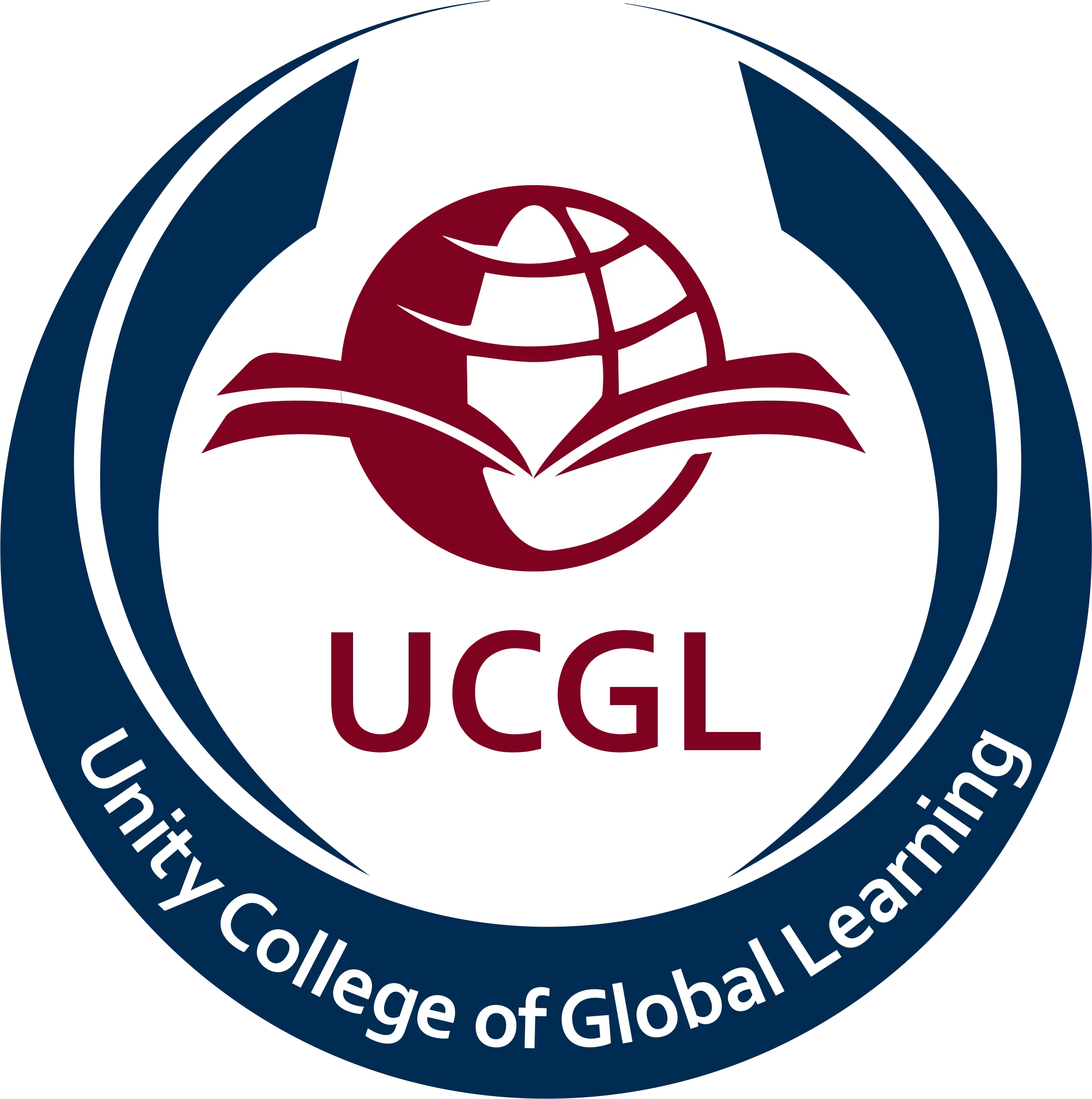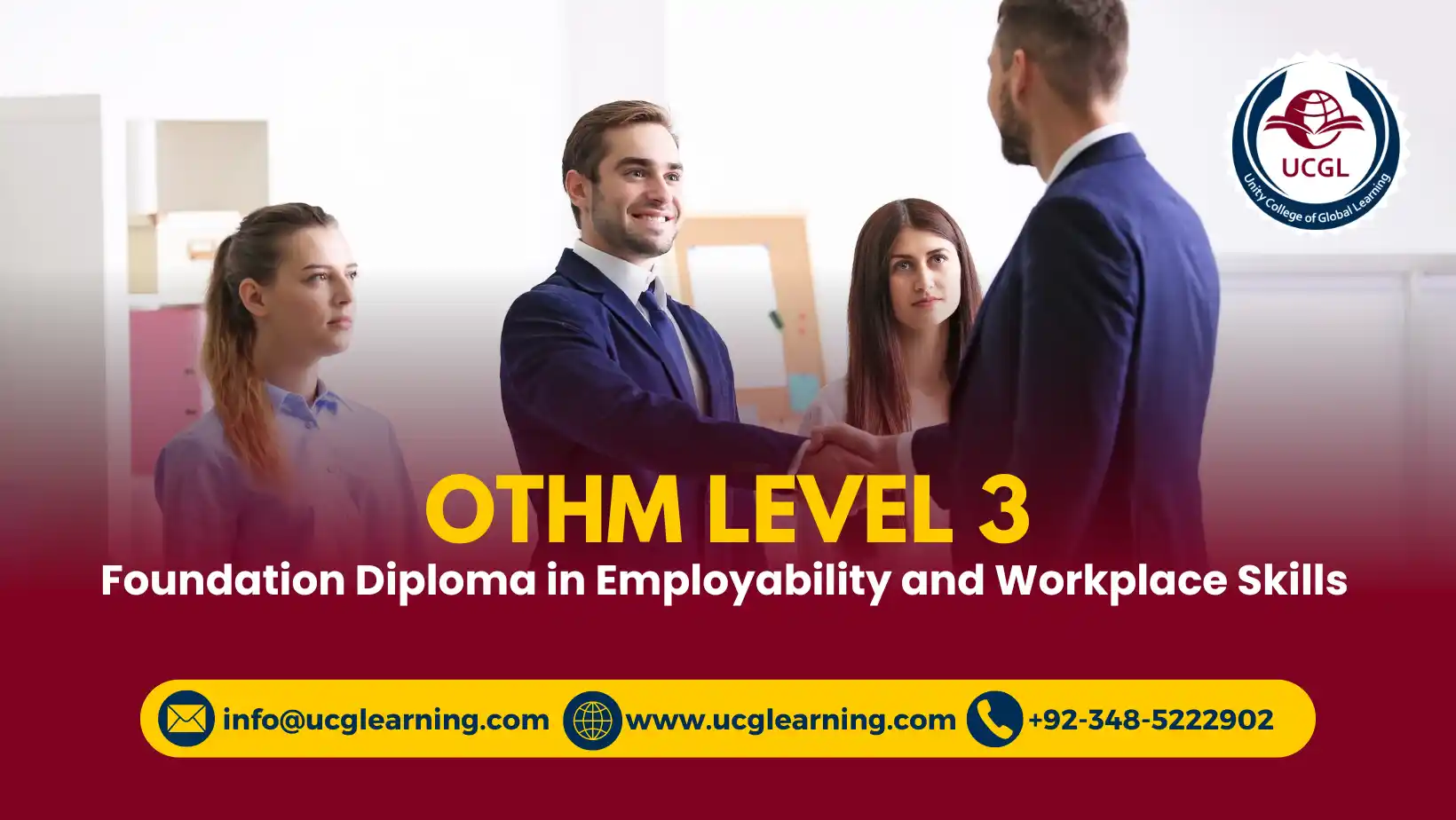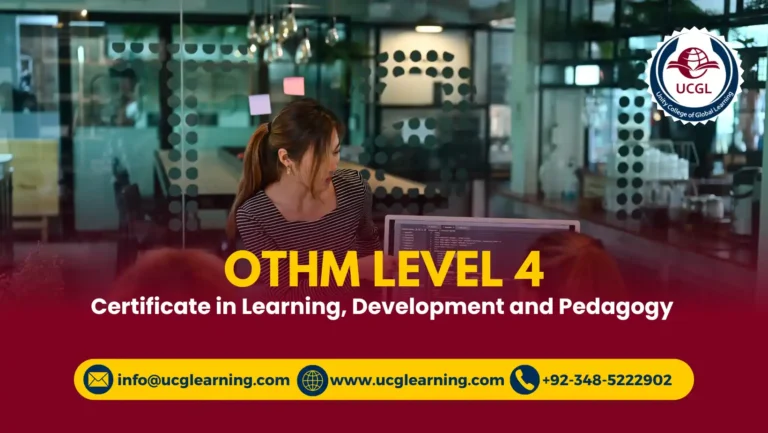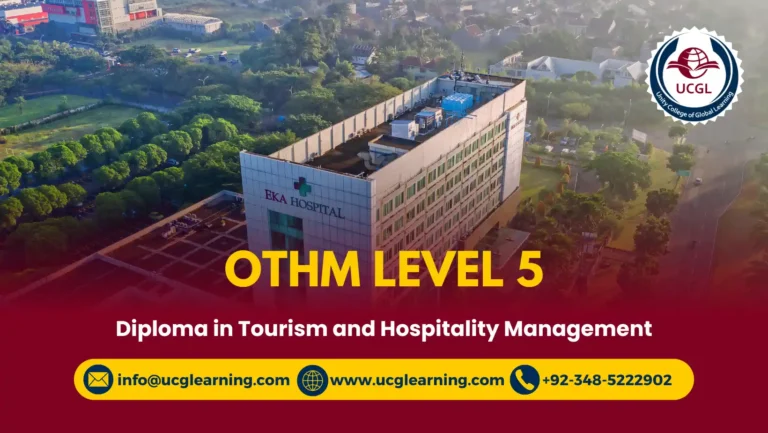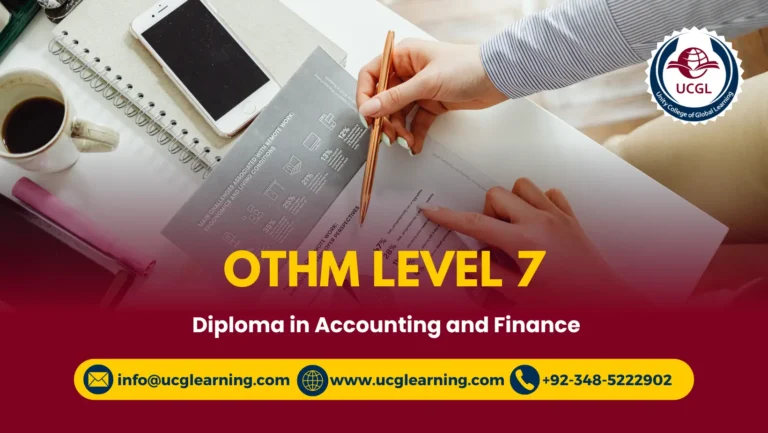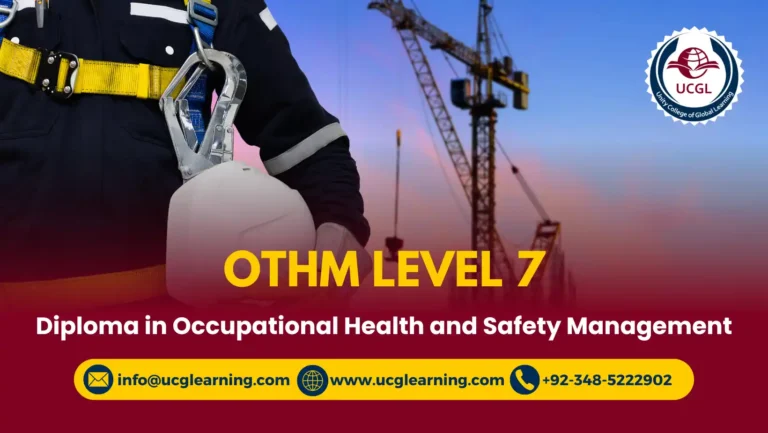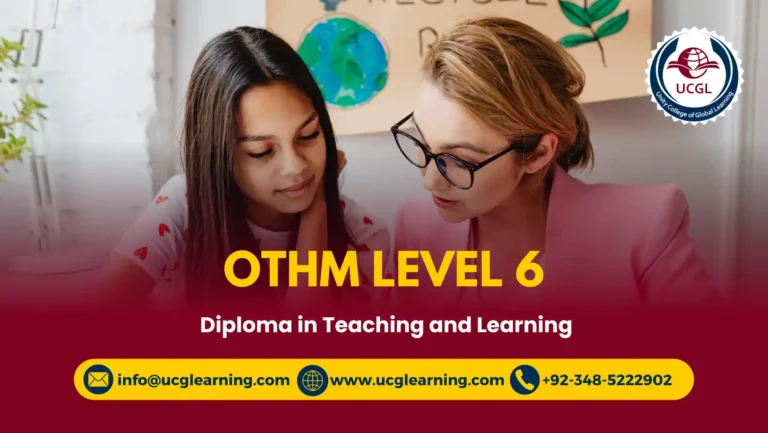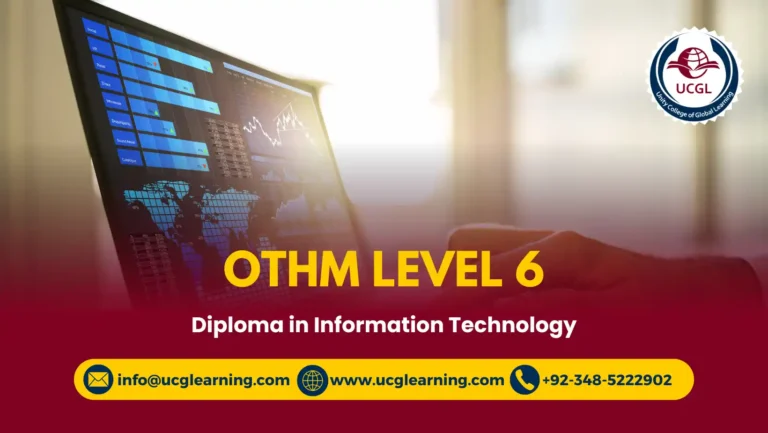OTHM Level 3 Foundation Diploma in Employability and Workplace Skills
The Level 3 Foundation Diploma in Employability and Workplace Skills provides a comprehensive framework for understanding and developing the key skills needed for employment. It covers a wide range of topics including communication, teamwork, problem-solving, and time management. This course is tailored to meet the needs of various learners, whether they are recent school leavers, those re-entering the workforce, or individuals looking to enhance their current skill set.
Course Introduction
In today’s competitive job market, possessing the right set of skills can make all the difference. The Level 3 Foundation Diploma in Employability and Workplace Skills is designed to equip individuals with the essential skills and knowledge required to thrive in a professional environment. This course serves as a gateway to a successful career by focusing on both employability and practical workplace competencies.
Course Benefits:
- Enhanced Employability: Gain a competitive edge in the job market with a recognized qualification.
- Practical Skills: Learn practical skills that can be immediately applied in the workplace.
- Personal Development: Improve personal effectiveness and boost confidence.
- Career Advancement: Increase opportunities for career progression and higher earning potential.
- Networking Opportunities: Connect with peers and professionals, expanding your professional network.
Course Study Units:
- Career Planning and Development (10 credits)
- Managing own Performance (10 credits)
- Personal and Professional Development (10 credits)
- Employment Skills (10 credits)
- Working in a Business Environment (10 credits)
- Managing Resources (10 credits)
Learning Outcomes:
- Career Planning and Development (10 credits)
- Identify personal career goals and aspirations based on self-assessment and career exploration.
- Develop a career plan that aligns skills, interests, and values with career opportunities.
- Apply strategies for effective job search, including CV/resume writing, networking, and interviewing techniques.
- Evaluate career opportunities and make informed decisions regarding career pathways and professional development.
- Managing own Performance (10 credits)
- Set SMART (Specific, Measurable, Achievable, Relevant, Time-bound) goals for personal and professional development.
- Monitor and evaluate personal performance against established goals and objectives.
- Apply time management and prioritization techniques to enhance productivity and efficiency.
- Reflect on performance feedback and implement strategies for continuous improvement.
- Personal and Professional Development (10 credits)
- Develop self-awareness of strengths, weaknesses, values, and professional goals.
- Identify learning needs and opportunities for personal and professional growth.
- Apply strategies for acquiring new skills, knowledge, and competencies relevant to career advancement.
- Reflect on personal development experiences and apply feedback to enhance professional effectiveness.
- Employment Skills (10 credits)
- Demonstrate proficiency in essential employment skills such as communication, teamwork, and problem-solving.
- Apply effective interpersonal skills in professional interactions and workplace relationships.
- Develop skills in customer service, conflict resolution, and adaptability in diverse work environments.
- Analyze and apply ethical principles and professional conduct in workplace scenarios.
- Working in a Business Environment (10 credits)
- Understand the structure, operations, and culture of business organizations.
- Analyze the roles and responsibilities of individuals within business teams and departments.
- Evaluate the impact of external factors, such as economic, legal, and technological changes, on business operations.
- Apply knowledge of business environment concepts to contribute effectively to organizational goals and objectives.
- Managing Resources (10 credits)
- Understand the principles and practices of resource management, including financial, human, and physical resources.
- Analyze resource allocation strategies to optimize efficiency and effectiveness within organizations.
- Apply budgeting and cost control techniques to manage financial resources responsibly.
- Evaluate ethical and sustainable practices in resource management to support organizational sustainability goals.
These learning outcomes aim to equip students with the knowledge, skills, and competencies necessary for effective career planning, personal and professional development, and successful integration into diverse business environments.
Who Is This Course For?
This course is ideal for:
- Recent school leavers looking to enter the workforce.
- Individuals re-entering the job market after a break.
- Professionals seeking to enhance their employability skills.
- Career changers wanting to gain new skills for a different industry.
- Anyone looking to improve their practical workplace skills.
Future Progression:
Upon completion of the Level 3 Foundation Diploma in Employability and Workplace Skills, learners can progress to higher-level qualifications such as:
- Level 4 Diploma in Business Management
- Level 4 Certificate in Leadership and Management
- Further vocational training specific to their chosen career path
Additionally, this diploma can significantly enhance one’s CV, making them more attractive to potential employers and opening up a variety of career opportunities across different sectors.
